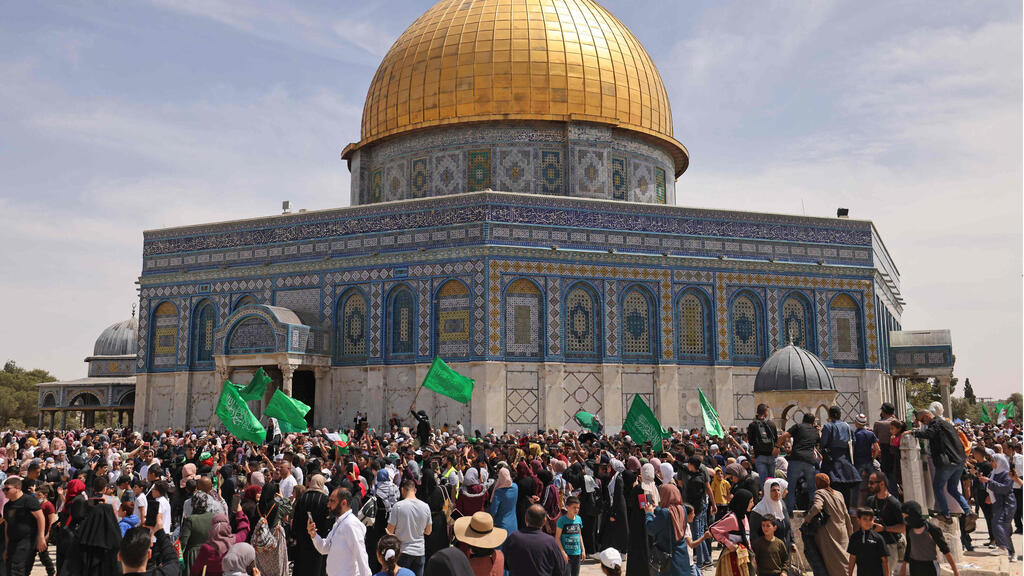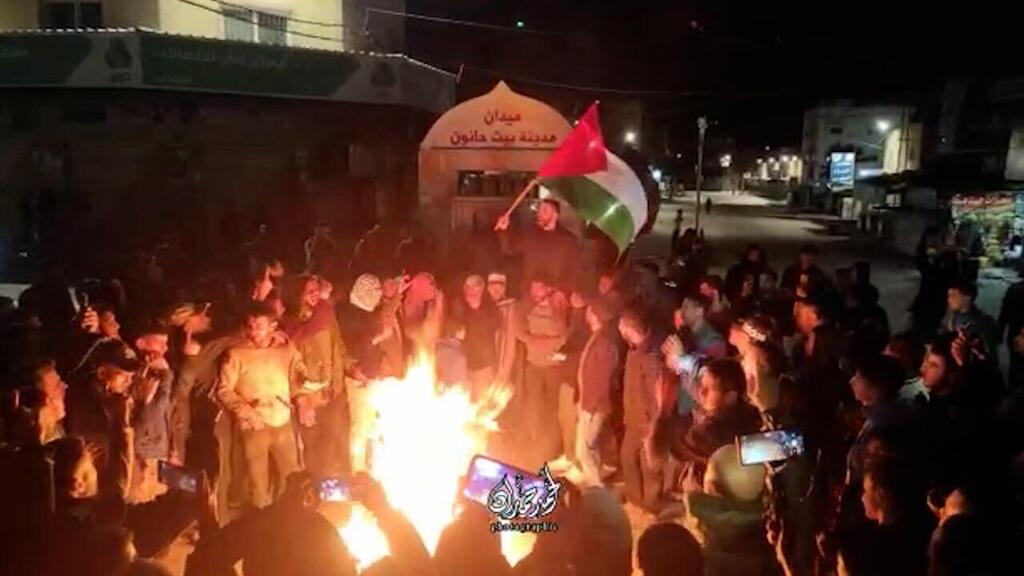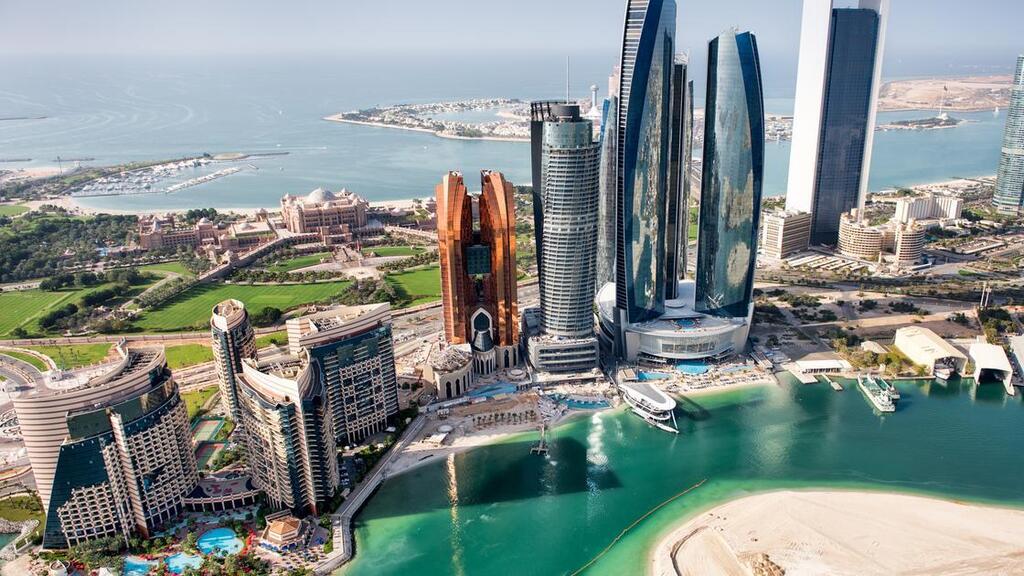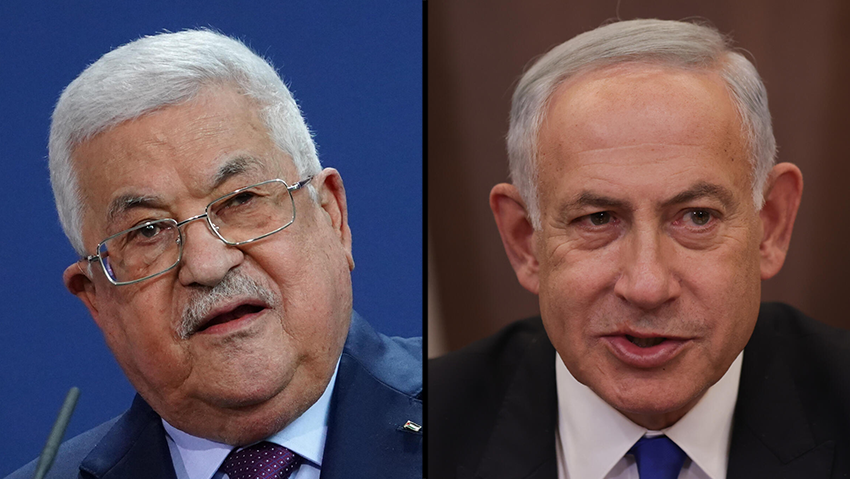Getting your Trinity Audio player ready...
With less than four weeks left until the holy month of Ramadan, preparations for the Muslim holiday in Israel are well underway, with officials extremely concerned that the recent violent spell will only exasperate.
As part of these preparations, senior officials from Jordan, Egypt, the U.S., Israel, and the Palestinian Authority were to meet Sunday in an attempt to prevent the tensions from reaching a tipping point.
The U.S.-mediated meeting marks the first time in years that Israeli and Palestinian officials were to meet face-to-face. To make the meeting happen, officials in Washington did not shy away from applying pressure on both sides.
Still, the speed with which both sides approved the U.S. request was awfully surprising. In this process, it also became clear that National Security Council Director Tzachi Hanegbi and Secretary General of the Executive Committee of the Palestine Liberation Organization Hussein A-Sheikh have been in direct contact in recent weeks.
The intention of the meeting is clear to all sides - to not let the violence reach the point of no return during Ramadan. This comes as the Palestinians are still reeling from an IDF raid in Nablus last week in which 11 Palestinians - mostly militants - were killed.
Israel and the Palestinians, as well as the mediators, fear that a further escalation could eventually turn into a third intifada.
Senior officials in Ramallah have admitted that the Palestinian security forces have no control in most areas in the West Bank. They say the ideological gap between the younger Palestinian generation and the elders is now too wide to bridge.
According to one of PA President Mahmoud Abbas's advisors, if the Palestinians get the money to recruit more people for their security forces, it’ll be possible to reduce the tensions - provided that Israel reduces the frequency of its raids in the West Bank. According to the advisor, the U.S. will have to helm the initiative for it to succeed.
The Arab world really doesn't need a major flare-up to occur during Ramadan. It has enough troubles, most of them economic, which will become even more evident during the holy month.
Egypt, for example, is now making major efforts to raise donations for "Mawaid el-Rahman" - tables on which meals are placed in city centers for those in need, whose numbers have increased in the past year.
In Jordan, the economic situation is quite bad as well. In fact, only the United Arab Emirates and Saudi Arabia are in a good economic shape.
Every leader in the region knows that during Ramadan, people tend to eat more than usual, and spend a lot of money on clothes and gifts, if they can afford them.
But, as mentioned, this year’s Ramadan will be a difficult one. If the International Monetary Fund, the U.S., and the EU, don't provide a cash boost - it will be a sad, dangerous, and explosive month.
All eyes will be on Sunday's meeting. Some good news ahead of Ramadan from Israelis and Palestinians will certainly alleviate the load for the overwhelmed Arab world.
It’s still sad, however, that a mass prayer was held on Friday in a mosque in Jordan, not far from the Israeli embassy, in which calls were once again made to expel the Israeli ambassador, return the Jordanian ambassador from Tel Aviv, and scrap the peace treaty with the Jewish state.





